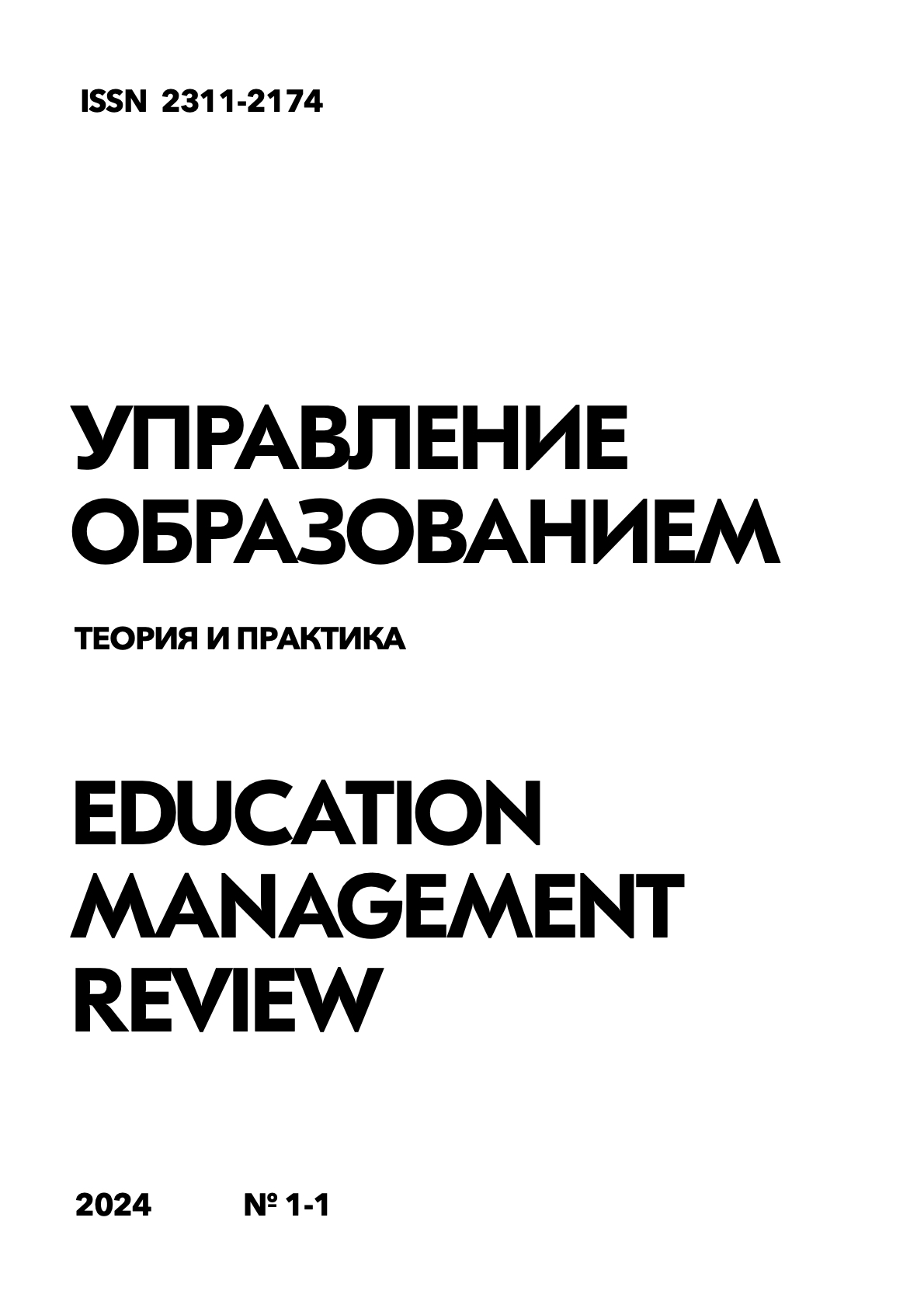Comparative analysis of higher education models in Europe and Asia: historical roots and current trends
DOI:
https://doi.org/10.25726/n8392-5407-7800-nKeywords:
higher education, Europe, Asia, comparative analysis, historical roots, modern trends, internationalization, academic mobilityAbstract
The article considers a comparative analysis of higher education models in Europe and Asia, taking into account their historical roots and current trends. The purpose of the study is to identify the features and differences in higher education systems in these regions, as well as to identify the factors influencing their development. The methods of comparative analysis, historical review and statistical data processing were used in the work. The materials for the study were scientific publications, statistical reports of international organizations and official documents of European and Asian countries in the field of higher education. The results of the study showed that the higher education systems in Europe and Asia have significant differences due to historical, cultural and socio-economic factors. The European model is characterized by a longer history of development, a focus on liberal values and an individual approach to learning. The Asian model, in turn, is characterized by pragmatism, collectivism and strict hierarchy in the academic environment. Despite the differences, in recent decades there has been a trend towards internationalization and convergence of higher education systems in both regions. This is reflected in the growth of academic mobility, the introduction of international educational standards and the development of joint educational programs. Thus, according to UNESCO, the number of students studying abroad increased from 2 million in 2000 to 5.3 million in 2019, with a significant proportion of students from Asian countries studying at European universities. Despite the significant differences in the models of higher education in Europe and Asia, the current trends of globalization and internationalization contribute to their gradual convergence and mutual enrichment. Further research in this area may be aimed at a more detailed study of the factors influencing the transformation of higher education systems, as well as the development of recommendations for their harmonization and efficiency improvement.
References
Бесшапошников Н.О., Леонов А.Г., Прилипко А.А. Цифровизация образования – новые возможности управления образовательными треками // Вестник кибернетики. 2018. № 2(30). C. 154-160.
Вашурина Е.В., Вершинина О.А., Евдокимова Я.Ш., Олейникова О.Н. Возможности международных партнерств и инициатив в привлечении иностранных студентов // Университетское управление: практика и анализ. 2016. № 6(106). С. 55.
Жук А.А. Изменения организационных механизмов сферы высшего образования: анализ институциональной комплементарности // Вопросы регулирования экономики. 2018. № 4. С. 205-213.
Жуков А. В., Сюй Ин. Факторы модернизации высшего образования в китайском обществе в период до Синьхайской революции // Гуманитарный вектор. 2022. Т. 17. № 2. С. 113-121.
Иноземцева Е.С. Мировые лидеры внешней торговли на рынке услуг высшего образования: текущее состояние и перспективы // Креативная экономика. 2013. Т. 7. № 1(13) с. 77-83.
Ким И.Н. Практика формирования состава и профессиональных компетенций преподавателей вуза за рубежом // Высшее образование в России. 2014. № 1. С. 134-143.
Клочкова Е.Н., Садовникова Н.А. Трансформация образования в условиях цифровизации // Открытое образование. 2019. № 23(4). С. 13-22.
Крохмаль Л.А. Совершенствование модели государственной поддержки услуг высшего образования в России // Проблемы экономики и юридической практики. 2018. № 5. С. 72-78.
Кузнецова В.В., Машкина О.А. Глобализация китайского высшего образования как фактор геополитического влияния Китая // Сравнительная политика. 2020. Т. 11. №2. С. 139-150.
Машкина О.А. Жизненные стратегии и ценности выпускников китайских университетов // Отечественная и зарубежная педагогика. 2016. № 5(32). С. 140-152.
Низов А.Н., Меджитова Т.И. Зарубежный опыт финансирования высшего образования // Российский экономический интернет-журнал. 2018. № 2.
Сафуанов Р. М., Лехмус М. Ю., Колганов Е. А. Цифровизация системы образования // Вестник УГНТУ. Наука, образование,экономика. Серия: Экономика. 2019. № 2(28). С. 108-113.
Синагатуллин И.М., Горная Т.И., Яппарова Э.Н. Цифровая глобализация и ее влияние на образование // Педагогический журнал Башкортостана. 2021. № 4. С. 112-120.
Capacity Building in Higher Education Project in Central Asia (CA) / Education, Audiovisual and Culture Executive Agency. 2020. November 19-20. P. 6.
Harford J. The perspectives of women professors on the professoriate: a missing piece in the narrative on gender equality in the university. Education Sciences. 2018. Vol. 8 (50). pp. 1-16.
Lvov V.V., Smirnova Z.V., Artemova E.I. State of university–employer interaction models in Russia // Journal of Entrepreneurship Education. 2019. Vol. 22. No 4. P. 404.
Toll B. From Tempus to ERASMUS+: a celebration of the 30th anniversary of the cooperation opportunities in Central Asia // Higher School of Kazakhstan. 2017. № 3(19). P. 8.

